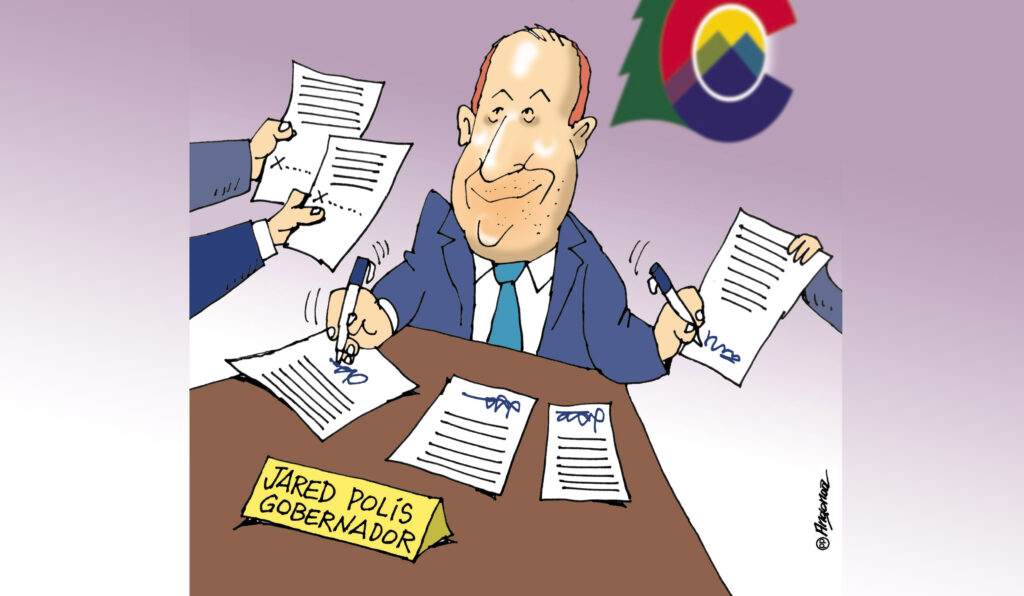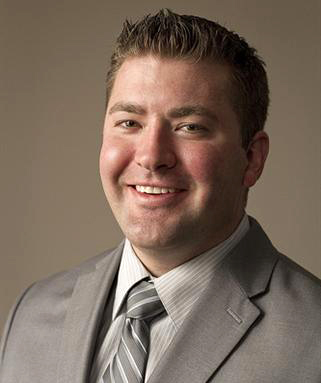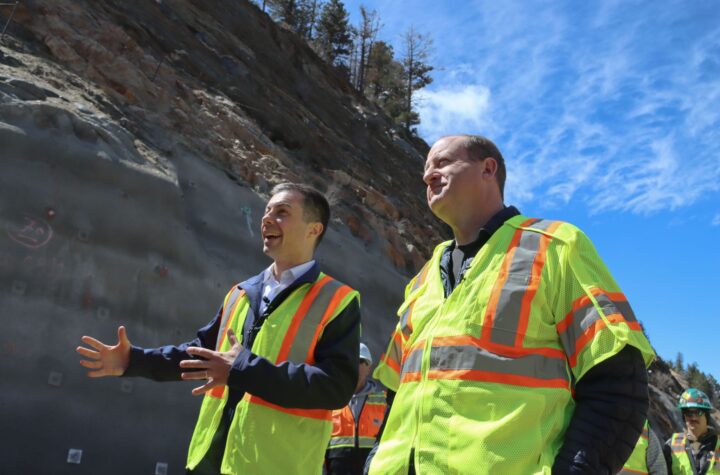
The opinions, beliefs and viewpoints expressed by our guest columnists do not reflect the opinions, beliefs and viewpoints of this publication.
Patrick Neville
Haga click aquí para leer la versión en español
Representative Patrick Neville
Colorado House of Representatives Minority Leader
The state motto of Colorado is “nil sine numine” (“nothing without the Deity”). But we seem to be operating under a different logo, ‘nil sine Jared.’ As of 2020, our governor decides what businesses are essential, which ones can reopen under what conditions, how to spend $1.6 billion in federal taxpayer dollars (from the CARES Act), even how late bars can stay open across the state. As a result, thousands of businesses have closed and hundreds of thousands of individuals have lost their jobs.

People are suffering, and we’ve yet to feel the full impact of the governor’s actions. I believe many of his recent executive orders are unconstitutional, and as minority leader in the House of Representatives I’m suing the governor to stop him.
In 1876, the people of Colorado created and approved our state constitution; our governor, Legislature, and courts have been guided by it ever since. As Justice Gabbert of the Colorado Supreme Court once wrote, “The constitution is the paramount law.” But in 2012 ,the General Assembly (Colorado’s House and Senate) passed the “Colorado Disaster Emergency Act”. It gave sweeping powers to the governor in times of emergency. The act, especially its use by Gov. Polis over these past five months, violates the most basic tenets of our constitution. To understand why, we have to travel back in time.
In the 18th and 19th centuries, the people in the American colonies and in Colorado spoke. And they spoke with clarity. They expressed their longing for a kind of government that would recognize their values, rights and authority. The opening words (the ‘preamble’) of the United State and Colorado Constitutions are, “We, the people …” In what follows, “the people” described the form of government they established for themselves and their posterity. Colorado’s constitution explicitly says, “all political power is vested in and derived from the people” (Article 2, section 1).
In Article 3 of the state constitution, the people divided power among the executive, legislative and judicial branches (as happened in the federal constitution).
In particular, Colorado’s executive branch (the governor and his lieutenant) is required to faithfully execute the laws of the state while the laws must come from the Legislature. On this latter point the constitution is clear: “No law shall be passed except by bill” (Article 5, section 17). The people of Colorado gave elected members of the legislative branch alone the responsibility to create laws. The constitution also emphasizes that each branch of government must stay in its lane, so to speak. It says no member of one branch can exercise the powers of another branch “except as in this constitution expressly directed or permitted” (Article 3).
This is where Gov,. Polis’ executive orders fall short. In his July 16 rollout of new rules, including the mandate to wear a mask in public, the governor said, “This is a law like any other.” No, it (and they) is not. Under our Constitution, bills are proposed and passed through the Colorado House and Senate. They are subject to public hearings, debates and amendments in both bodies. Only after this process is complete do bills go to the governor to be signed into law. That’s not the process for executive orders.
You may also like:
DPS Extends Enrollment Deadline to select in-person or virtual program






otras noticias
La Dame Blanche closes the XIII Americas Latino Eco Festival
More than $2 million for 3,570 workers
Xavier Becerra highlights the positive impact of 988 on managing mental health crises